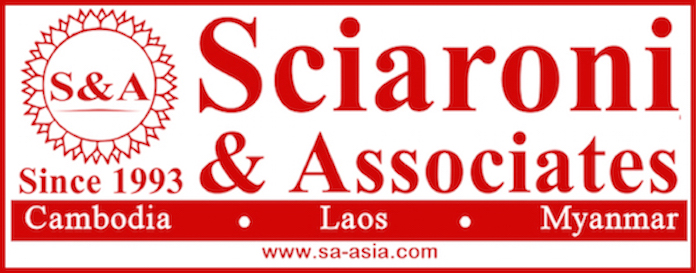Prakas No. 904 On Tax Incentive For Education Institutions: Sciaroni & Associates

The Ministry of Economy and Finance (“MEF”) issued Prakas No. 904 on Tax Incentives for Education Institutions (“Prakas 904”) on 8 August 2016. The purposes of Prakas 904 are to provide tax incentives to the education sector in order to promote the quality of human resources involved in the education sector and help parents and guardians of students to reduce expenses. Whether the latter purpose will be achieved remains to be seen and depends greatly on the education institutions passing on any savings Prakas 904 may create to the school-fee payers.
We understand from our liaisons with the General Department of Taxation (“GDT”) that some educational institutions are not even registered for tax purposes. We can only speculate that the reason for not doing so is to avoid the administration of tax filings, despite the institutions potentially benefitting from certain tax exemptions—the effect of which may be that they do not need to pay certain taxes. However, this does not negate the technical requirement of such institutions from filing appropriate returns.
Therefore, should a result of Prakas 904 spur such institutions to register with the GDT, it may well be that the administrative costs involved in doing so absorbs (or purports to absorb) any pass-on savings to the fee paying parents and guardians. “Education institution(s)” refers to public and private education institutions providing education services from kindergarten age to higher education. “Education institutions” also include those providing technical and vocational training. The incentives granted by Prakas 904 are as follows:
- The payment of minimum tax at 1% on annual turnover is suspended until the end of 2018;
- Prepayment of profit tax payment is suspended until the end of 2018;
- Withholding tax payments (in cash or kind) to resident taxpayers that are not real-regime taxpayers in relation to consulting or similar services for the sole purpose of student education are exempted;
- Withholding tax payments (in cash or kind) to non-resident taxpayers that are not real-regime taxpayers in relation to management services and other technical services related solely to student education are exempted;
- The supply of education services and goods or other services related to student education, including the supply of food and student accommodation shall be treated as non taxable supplies. However, educational institutions are not permitted to claim VAT credits on the VAT input for such goods and services but they are permitted to deduct the VAT expense.
Prakas 904 also reminds education institutions of their obligations under the law on taxation, compliance with which is required to benefit from the incentives provided:
- Tax registration at the Tax Administration;
- Filing monthly and annual tax returns to the relevant tax administrations;
- Accounting books shall be kept properly as determined by the law; and
- Education institutions, having an annual turnover of more than 2,000 million Riels shall submit an independent audit report to the relevant tax administration.
Comment
While the apparent goal of Prakas 904 is to ensure all education institutions comply with the tax law, as they should, parents and guardians of students would be remiss to note the pass-on benefit that may be a consequence of its implementation. Education institutions that currently do not comply with their obligations under Cambodian tax law: take note; it may be that Prakas 904 serves as a shot across the bows of those that benefit from incentives but are not yet compliant with the law to legitimately receive such incentives.
Sciaroni & Associates Taxation Practice Group offers a full range of tax compliance, advisory and dispute resolution services, from the filing of monthly and annual tax returns and patent tax filings, tax registrations and structuring advice to conducting due diligence in corporate transactions and assisting clients with disputes involving the tax authorities. They advise clients on tax optimization strategies and assist them during tax audits. At every stage of a company’s life, their advisors ensure clients are fully compliant with the dynamic field of taxation in Cambodia.
To their local clients, Sciaroni & Associates bring international standards of professional service and to their international clients they merge an understanding of local compliance and legislative practices with the quality of service and financial information required for global business. Sciaroni & Associates, one of Southeast Asia’s leading professional services and investment advisory firms, has been providing skilled counsel and knowledgeable business insights for over two decades.
Based in Cambodia with legal offices in Laos and Myanmar, their experienced team of advisors brings considerable general and sector-specific expertise to the challenges confronting companies doing business in emerging markets. Their clients comprise many of the world’s premier companies, banks, financial institutions, governments and global development organizations. For more information please visit www.sa-asia.com or contact them at [email protected].
This article was written by Simon Burlinson, Legal Advisor at Sciaroni & Associates.
Simon is a qualified English solicitor with expertise in IP law, cross-border corporate transactions, data protection compliance and advises the pharmaceutical sector. He has worked in one of the world’s largest international law firms based in London and as a forensic toxicologist for Imperial College. He earned the MSc in Management of Intellectual Property from Queen Mary’s College and BSc. (Hons.) in Pharmacology and Toxicology from King’s College, London. He speaks English and French.